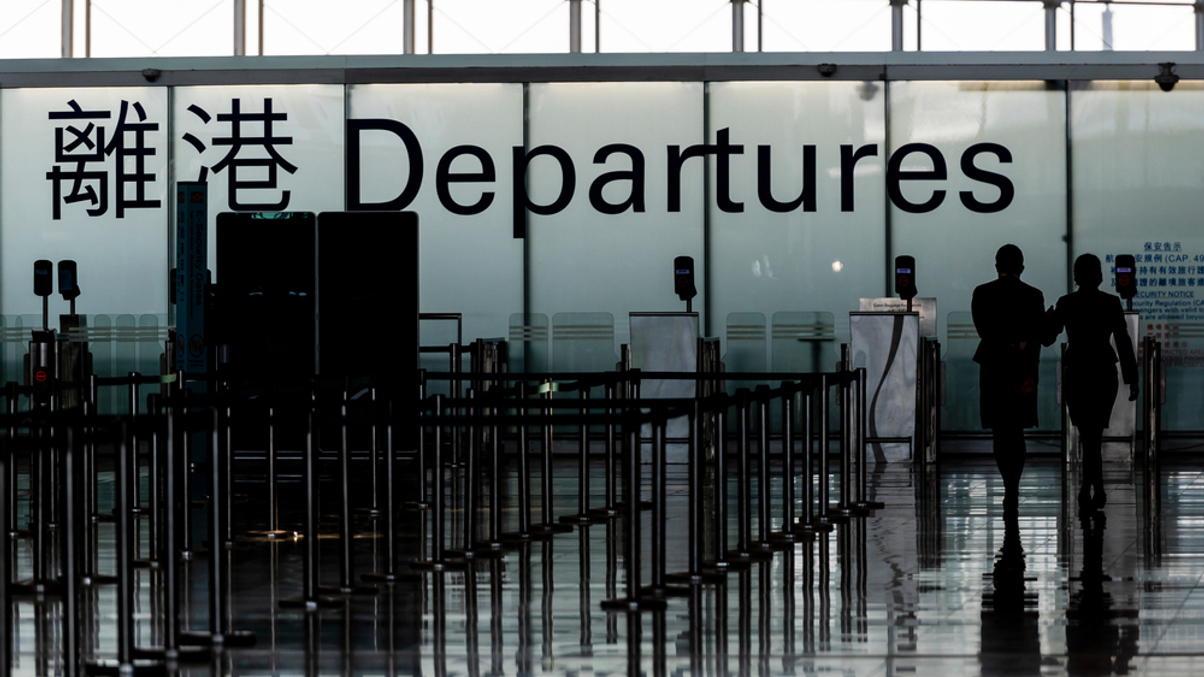How CIOs in Hong Kong retain talent amid the brain drain
Besides Covid travel restrictions, escalating ESG pressures and regulatory changes pose challenges to asset owners looking to hire and retain talent in Hong Kong.

As the brain drain in Hong Kong continues, chief investment officers (CIOs) have had to work harder to retain talent by providing a supportive working environment and being proactive with people management.
Sign in to read on!
Registered users get 2 free articles in 30 days.
Subscribers have full unlimited access to AsianInvestor
Not signed up? New users get 2 free articles per month, plus a 7-day unlimited free trial.
¬ Haymarket Media Limited. All rights reserved.


